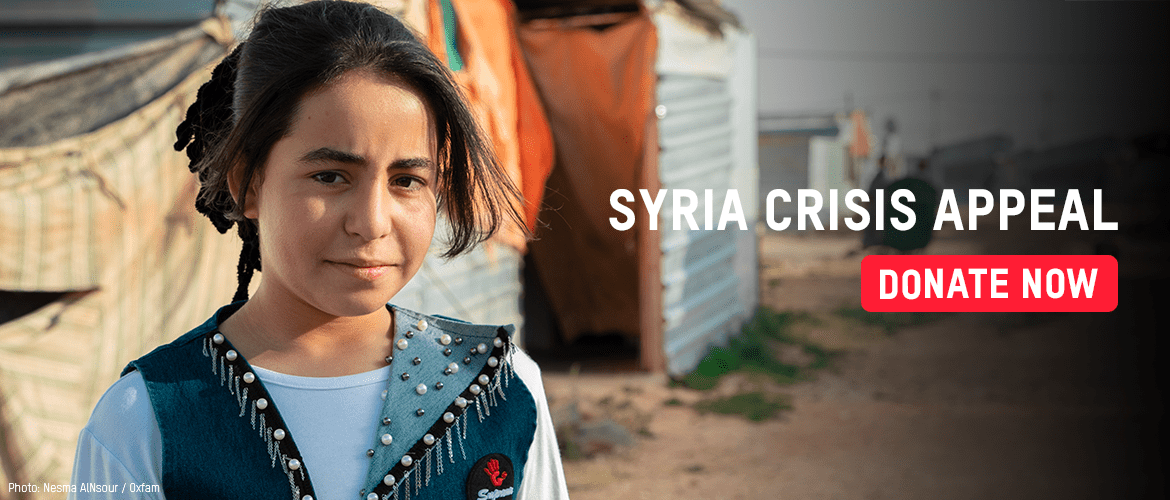In reaction to the recent announcement that the Sustainable Biofuels Obligation Bill has been dropped by the Government Nicky Henry, Climate Justice Lead at Oxfam Aotearoa said:
“Oxfam is delighted that the government listened to the advice and scientific evidence that biofuels mandates are harmful as they take food and land away from people.
“This is a win for us all, but especially for the farmers, families, and communities we work with across the Pacific and beyond. We know that there are better ways we can reduce emissions and we look forward to seeing the government step up in other areas. Oxfam calls the government to urgently invest in better public transport, electric cars, and to price agriculture emissions properly.”
/ENDS
Notes:
The bill was before the Environment Select Committee who heard oral submissions about it on 1 February 2023. Citizen-powered environmental and global justice groups including Don’t Burn Our Future, Oxfam Aotearoa, 350.org, Environment and Conservation Organisations Aotearoa, Climate Justice Taranaki, the National Women’s Council and the Vegan Society opposed this bill in their submissions. Fossil fuel companies including BP, Mobil and Gull were supportive of it.






